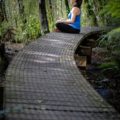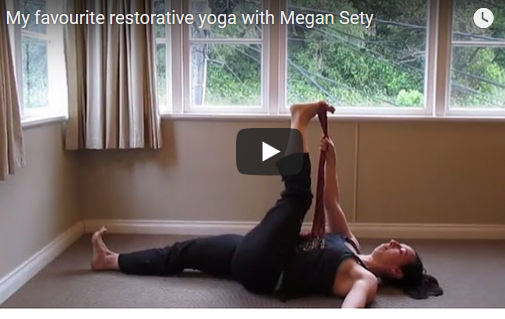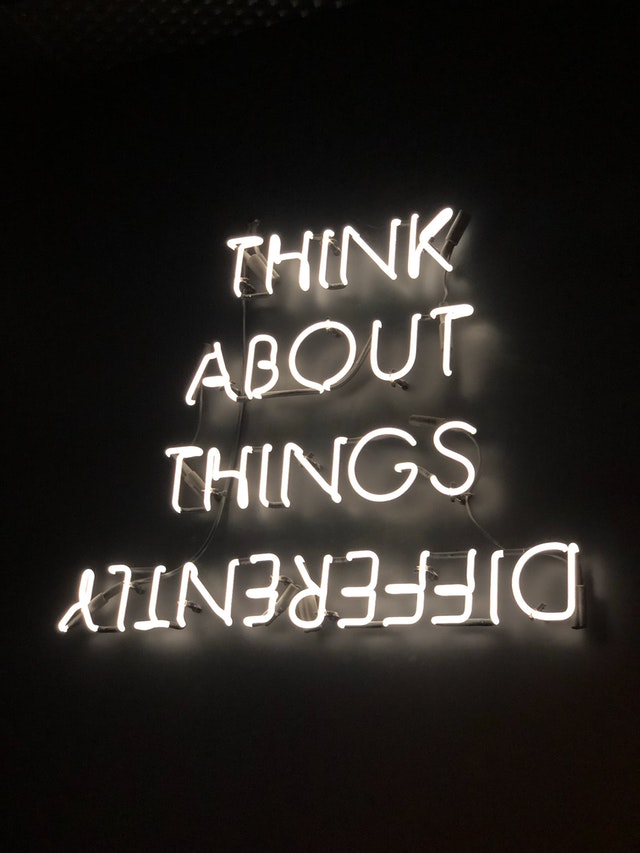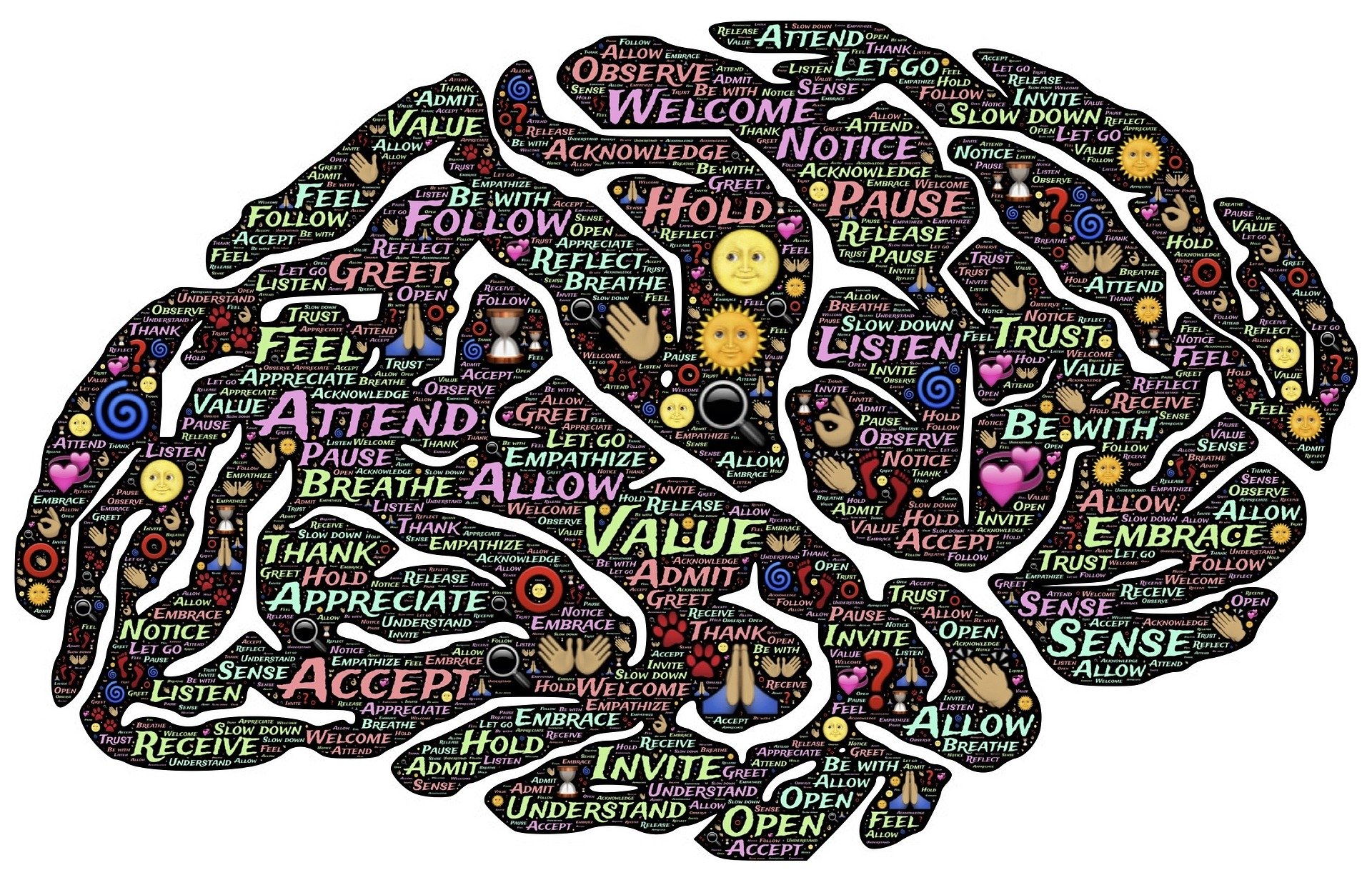I’ve recently finished reading White Women: Everything You Already Know About Your Own Racism and How to Do Better by Regina Jackson and Saira Rao. Throughout the book, Regina and Saira invite and challenge readers to reflect on their own racist beliefs and behaviours. As I was reading Chapter 8, where they discuss toxic positivity, I realised I had done that, in particular with my post about love and the loving kindness meditation.
I wrote this post in response to the emotions I felt in the immediate wake of the terrorist attack on Christchurch masjidain in which 51 people were murdered in New Zealand by a man driven by white supremacy and islamophobia. I was scared and devasted. I wanted to find something that would give me hope and calm. The words of Martin Luther King came through my social media feed and those words were exactly what I was looking for, and they reminded me of the loving kindness meditation.
But, by not only focusing on love as a response to the extremely violent racist attack, and inviting others to join me, I was committing toxic positivity. Regina and Saira have a glossary in the back of their book and it defines toxic positivity as:
“A white woman’s need to Brightside everything, which requires sidelining and erasing talk of oppression. For example: “Love trumps hate” and “I choose to see the good rather than focus on the bad.” See also spiritual bypassing, white nonsense, white woman wellness”
From the Glossary of White Women: Everything You Already Know About Your Own Racism and How to Do Better by Regina Jackson and Saira Rao
I couldn’t get a better example of toxic positivity than with my post. In the face of extreme blatant racist violence, I jumped straight to focusing on love, because it felt better to me.
By doing this, I minimised and denied the trauma and pain of the Muslim community, as well as denying and minimising the racism – not just this specific act, but that the act was part of an ongoing pattern of discrimination, racism and hate that has its roots in colonisation.
Following the terrorist attack, Moana Jackson wrote for E-Tangata
“Indeed, the challenge ahead is how the many genuine expressions of love and solidarity of the last few days can be translated into the meaningful changes that will make this country a place where all people can feel truly safe and at home. It will require a certain compassionate empathy, but also a willingness to question not just the present circumstance but how it came to be.”
The connection between white supremacy and colonisation by Moana Jackon in E-Tangata, 24 March 2019
If you’re thinking, that’s not me, remember the words, ‘this is not us’ or the facebook profile frames that used those words?, and then watch this news story from One news, Kiwis saying ‘this is not us’ in wake of Christchurch attacks is ‘letting yourself off the hook’.
Some of the articles I’ve read to help me further reflect and explore this include:
New Zealanders need a better understanding of the word ‘racism’, these reports reveal by Anjum Rahman, community advocate and Mulsim woman, writing about 2 recently published reports from Te Kāhui Tika Tangata | Human Rights Commission.
If you want to dive deep, read the reports from Te Kāhui Tika Tangata: Maranga Mai! The impact of colonisation, racism and white supremacy on tangata whenua in Aotearoa New Zealand and Ki te whaiao, ki te ao Mārama, a community engagement report to inform the development of a National Action Plan Against Racism.
Also see Denying racism holds us back by Simone Kaho and Racism and White Defensiveness in Aotearoa: A Pākehā Perspective by Max Harris, both published in E-Tangata.
And if you want to do more than read, look at getting involved with Inclusive Aotearoa Collective Tāhono (IACT) or Tauiwi Tautoko.




